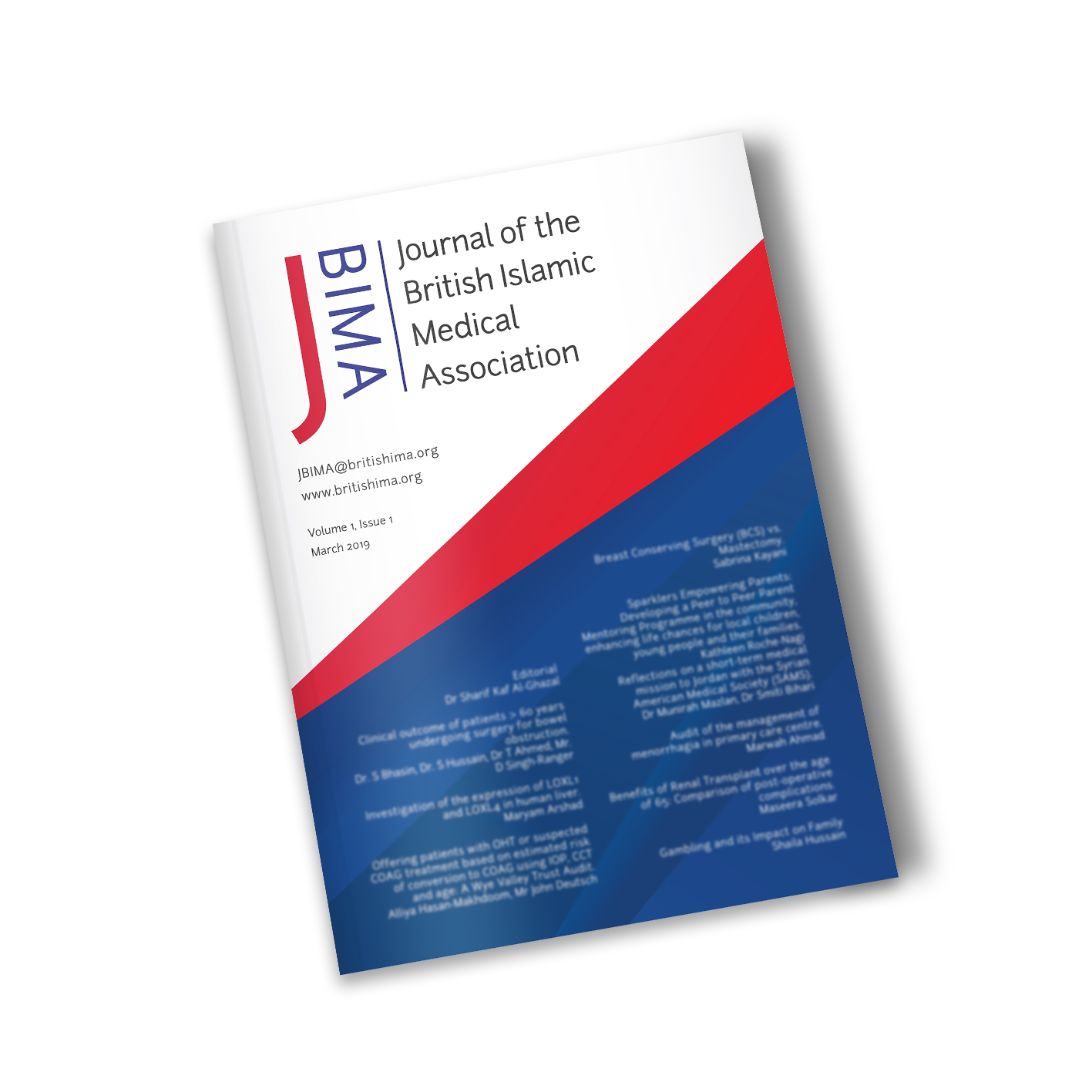
The Niqab in Islam:
Many Muslim women around the world choose to wear
the Niqab (face veil) for the pleasure of God. While
opinions on its necessity differ within the Muslim
community, Islamic teachings provide strong legal and
scholarly support for its practice. For Muslim women,
wearing the niqab is a means to seek the pleasure of God
rather than responding to societal pressures.
Unfortunately, western media often misrepresents the
niqab, implying that it is worn out of coercion rather than
personal choice. However, many women, equate it with
an expression of freedom – a freedom that liberates them
from the world’s focus on women’s bodies and sexuality.
Niqab and Islamaphobia:
In recent years, the niqab has been unfairly linked with
extremism often in conjunction with Islamophobia
Despite their strong desire to wear the niqab, many
Muslim women find themselves in doubt due to the
hostility and scepticism they face in Western societies.
[1]
Public debates in the UK, particularly in the media, have
ridiculed the niqab, with political figures even using
derogatory terms like “letterbox” to belittle Muslim
women who wear it. Such comments have caused
immense distress within the British Muslim community.
Similarly, in 2010, France passed a law prohibiting the
wearing of full-face coverings in public spaces, further
contributing to the stigmatization of the niqab. This has
impacted Muslim women in job interviews and at times
rendered them unsafe in Public. [2]
Face masks and the Niqab: a comparison
The global COVID-19 pandemic brought about a
universal requirement for face masks, enforced by health
authorities worldwide. As a result, wearing face masks
became mandatory in hospitals, workplaces, shopping malls, and public spaces. Various forms of PPE(personal
protective equipment)were introduced in various health
care settings. From surgeons and physicians to nurses and
ICU staff, all adhered to wearing the appropriate face
mask coverings based on the requirements of their roles.
Remarkably, no one questioned the need for
identification, communication, or personal choice when it
came to wearing face masks. Life continued as normal,
even with people covering their faces.
In contrast, Muslim women who choose to wear the
niqab face constant scrutiny and judgment. They are
often asked questions such as, “How can anyone identify
you?” or “Are you forced to wear this by your
husband?” In Western societies, where secularism often
clashes with religious practices, the niqab is frequently
seen as a barrier to communication, a symbol of
extremism and a sign of oppression.
Some people within the Muslim community also question
a woman’s choice to wear the niqab, saying it is not
required in Islam.
The struggle of wearing the Niqab in NHS
In the UK, Muslim women have been advised to remove
their face veil when taking exams such as the
Professional and Linguistic Assessments Board (PLAB)
exam, a challenge I personally faced. Many NHS trusts’
uniform policies previously overlooked religious attire,
such as the niqab and hijab, and failed to acknowledge
the religious significance of personal clothing choices.
However, thanks to the efforts of advocates within
organisations like BIMA (British Islamic Medical
Association), dress code policies have been updated to
accommodate religious attire, such as allowing hijabs in
healthcare settings and providing options for full-length
sleeves in wards to accommodate Muslim women
working in the NHS. [3] [4]
Although wearing veils (Christian or niqab) is now
permitted on religious grounds in the uniforms and
workwear guidance for NHS employers, practically there
are still significant barriers to accepting the niqab in
certain professional settings, especially within the NHS.
[5]
Understanding and respecting the Niqab
The COVID-19 pandemic showed how attitudes toward
face coverings could change. With face masks being
mandatory worldwide during the global Covid 19
pandemic, many Muslim women found themselves less
judged and less discriminated against. The global
response to face masks showed that communication and
identification was not a problem and business could
function smoothly despite face coverings.[6]
So, if the world can operate efficiently with face masks,
why should there be scepticism about Muslim women
wearing the niqab? Muslim women, like all individuals,
are capable of excelling in all industries, from business to
aviation to surgery, while wearing the niqab. The face
veil is not a barrier to professional success or personal
achievement, and it should not be perceived as such.
References
1.https://www.amnesty.org/en/latest/news/2020/05/fac
e-masks-and-niqabs/
2. https://www.channel4.com/news/birmingh
ban-a-safety-precaution-
3. https://britishima.org/advice/hbbe
update
4. https://www.england.nhs.uk/coronavirus/documents/
uniforms-and-workwear-
employers/#:~:text=Uniforms%20must%20be%20cle
an%20at,travel%20to%20and%20from%20work
5. https://www.independent.co.uk/news/uk/politics/few
if-any-muslim-hospital-workers
8826042.html
6. https://www.researchgate.net/publication/237289463
_Effects_of_different_types_of_face_coveri
peech_acoustics_and_intelligibility

